Is it okay to give babies food with salt? If you're wondering whether you need to eliminate all salt from your cooking to make your meals baby led weaning-friendly, the answer may surprise you.
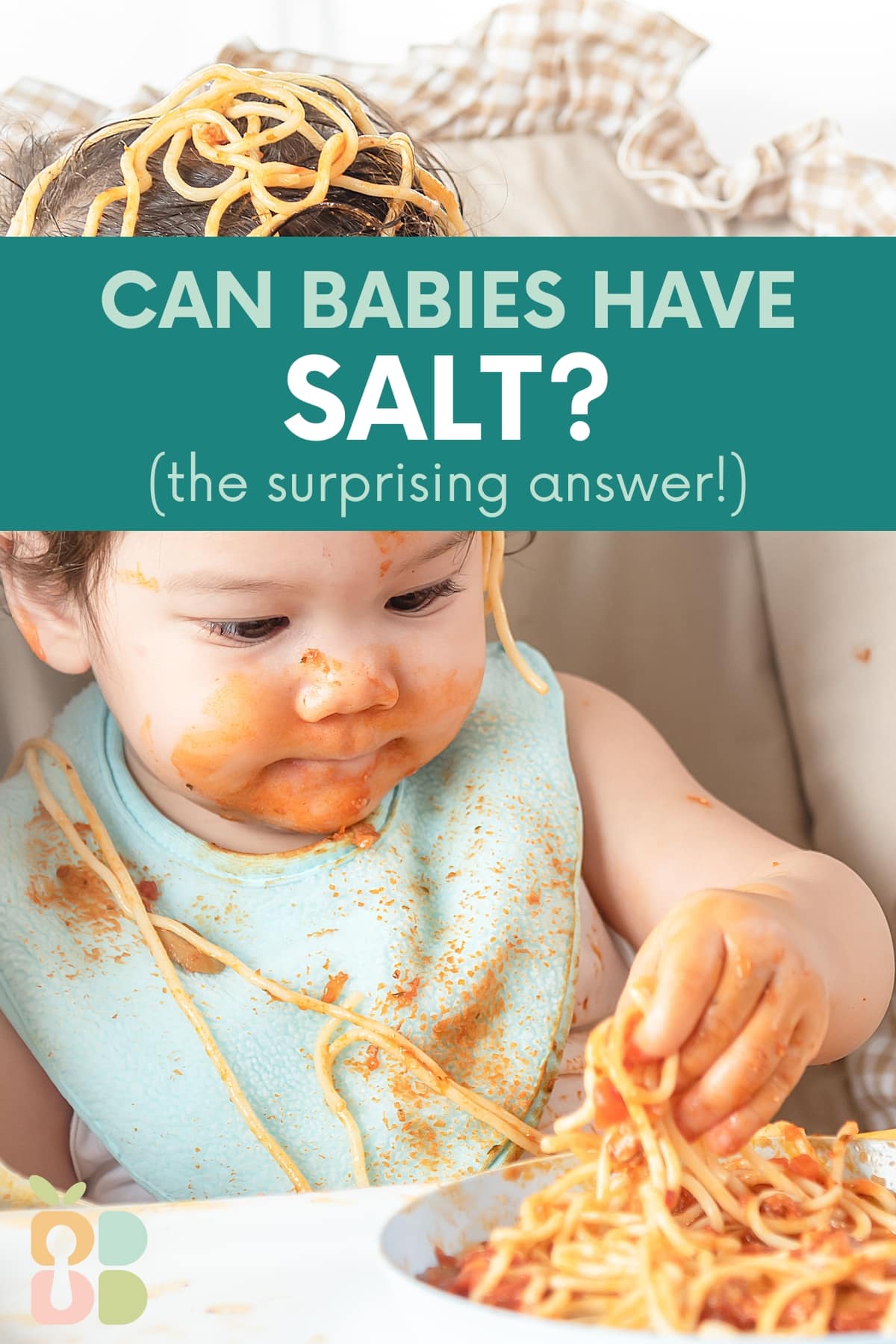
Ask your pediatrician or many dietitians about the giving salt to babies, and you'll likely receive something along the lines of: "Salt should be highly restricted for infants because their kidneys can't tolerate high levels of sodium." That is also what you'll find in many baby led weaning resources, including the book Baby Led Weaning by Gill Rapley, the researcher who coined the term and popularized the concept. That's even what I recommended until recently.
But that recommendation is problematic for a couple of reasons. First, because it makes using a baby led weaning approach to starting solids more stressful to parents; and second, because the recommendation itself isn't based on solid evidence. Let's dive a little deeper.
Jump to:
- Salt for Babies: Current "Official" Recommendations
- Where The Recommendations Come From & What The Research Actually Says
- Do You Have To Remove Salt From Your Cooking? My Recommendation for Salt and Baby Led Weaning
- When To Be Concerned About Salt In Baby's Food
- Sneaky Sources of Salt in Food To Know for BLW
- Bottom Line
Salt for Babies: Current "Official" Recommendations
In the US, the Nutrition Board of the Institute of Medicine at the National Academy of Sciences (that's a mouthful, isn't it?) sets the Dietary Reference Intakes, which are more or less estimates of the average intake for a particular nutrient. When there is not enough data or evidence to determine an official Estimated average requirement (EAR), then Adequate Intake (AI) is used. AI is basically the average of what a healthy group of people actually consumes of a certain nutrient. AI is what has been established for sodium intakes in babies. The AI for sodium for babies is currently:
- For infants 6 months and younger, 110 mg per day
- For infants 7-12 months, 370 mg per day
- For toddlers 1-3 years, 800 mg per day
The British Nutrition Foundation sets a recommendation for maximum salt intake for babies. 1 g salt = 388 mg sodium. With these values the recommendations in the UK are similar to those in the US:
- For infants 6 months and younger, less than 1 g salt per day (<388 mg sodium)
- For infants 7-12 months, 1 g salt per day (388 mg sodium)
- For toddlers 1-3 years, 2 g salt per day (776 mg sodium)
These recommendations seem pretty restrictive, since just ¼ teaspoon salt comes in at 581 mg sodium. If those are the official guidelines, there must be good reason, right? Let's take a look.
Where The Recommendations Come From & What The Research Actually Says
I won't go into detail about all of the studies since Lily Nichols has already done a painstakingly great job at it in her article: Don't Add Salt To Baby Food: The Surprisingly Weak Evidence For Infant Sodium Requirements. It's a great read - I highly recommend it if you really want to dive into all of the evidence!
To sum up her findings and rationale, which I agree with:
- The AI for salt for babies is basically an arbitrary guess. It's based largely on the sodium content of breastmilk, which varies greatly from person to person and even from day to day. It's also impossible to quantify breastmilk consumed by babies. That is to say, there really is no research on what quantity of sodium is optimal, healthy, or would pose harm to babies.
- There is no evidence to date of excess sodium harming babies' kidneys. At younger ages (4 months or less), no, babies' kidneys are not developmentally ready for excess sodium. But their digestive systems aren't ready for solids either. At 6 months of age, when infants are more developmentally ready for solids, the kidneys are also more developed, and can likely flush normal amounts of sodium found in complementary foods just like an adult's.
- There is also no evidence that excess salt in babies leads to high blood pressure later in life. Just like with adults, the factors that lead to high blood pressure are multifaceted and cannot be simply boiled down to too much salt. Highly processed foods certainly play a part, but not simply a few shakes of salt on your broccoli.
- High salt intake does not cause babies to prefer more salty foods later in life. In fact, the only research we have so far suggests that those who have had low sodium or electrolyte imbalance at some point in utero or early infancy levels (from severe dehydration due to mothers with severe morning sickness or infant illness causing severe vomiting/diarrhea, or from inappropriately low sodium formula) are the children that tend to show preference to salt.
- The majority of sodium in Americans' diets (75%) comes from processed foods. In children, the amount of sodium from processed foods is about 58%. Only 10% is from salt added during cooking or at the table.
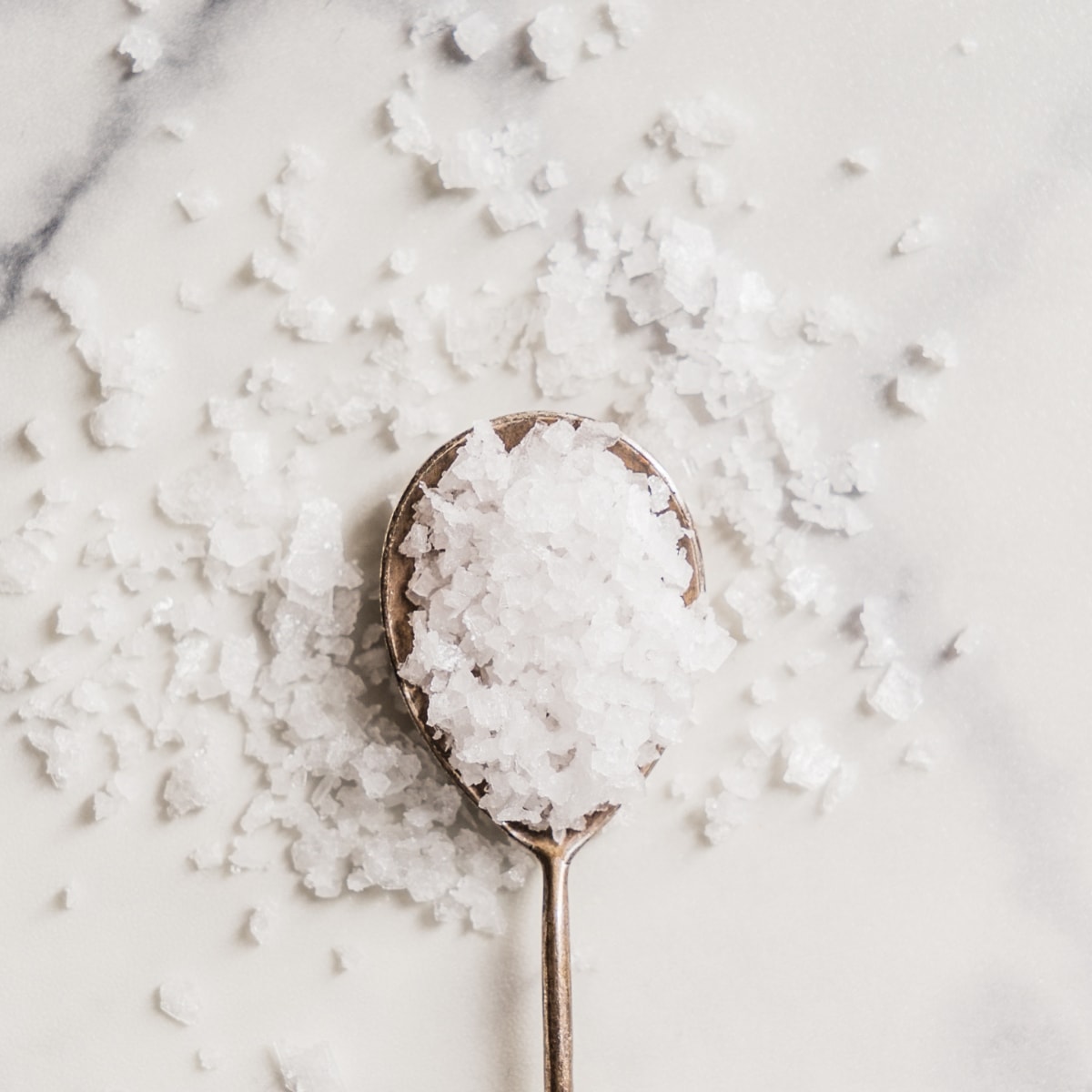
Do You Have To Remove Salt From Your Cooking? My Recommendation for Salt and Baby Led Weaning
What I gather from all the research is that we don't really have any when it comes to babies and sodium. The 'experts' are kind of guessing. The majority of salt in the American diet is from processed foods, so if you cook most of your meals from fresh food, you probably don't have to worry about adding a little bit of salt while cooking and serving the food to baby (as long as it's otherwise safe)!
Adding a little salt to bitter foods like vegetables during cooking can make them much more enjoyable. So if it increases the chances that your little one will develop a fondness for veggies (and that you'll continue cooking them for the whole family), then I say the benefit of salt outweighs the risk. After all, we are trying to raise healthy, competent eaters with less stress. So let's keep sight of the bigger picture.
When To Be Concerned About Salt In Baby's Food
If the majority of your family's meals come from outside the home (fast food, restaurant, etc), or if you eat a lot of convenience foods (such as frozen meals, canned soups, boxed pasta/rice, and jarred sauces), you may need to think about sodium. Look at the labels on your food and see how much sodium is there (it could surprise you!). This could be a great opportunity to start improving those cooking skills or leaning into lower sodium/no-salt-added options. And if you're not willing to give up the packaged foods, baby led weaning may not be the best option for your baby.
Sneaky Sources of Salt in Food To Know for BLW
Even if you cook a lot, there are a couple of sneaky sources of sodium (and often times sugar) to be aware of. Not that you have to eliminate them, but maybe consider skipping them or using low-sodium alternatives for baby. These include:
- Condiments such as ketchup, salad dressing, BBQ sauce and soy sauce
- Pickles, olives and other pickled vegetables
- Bread
- Broth or bouillon
- Cottage cheese
- Canned beans - look for no salt added versions
- Sauces, such as pasta sauce
- Deli meats and sausages
Bottom Line
If you cook most of your meals at home using fresh food or low-sodium staples, there is no need to remove salt from your cooking. We don't want to go crazy with the salt, but we also don't want to stress about it too much. Be reasonable when cooking and be cautious with packaged, frozen, and canned foods; condiments; and restaurant or fast food.
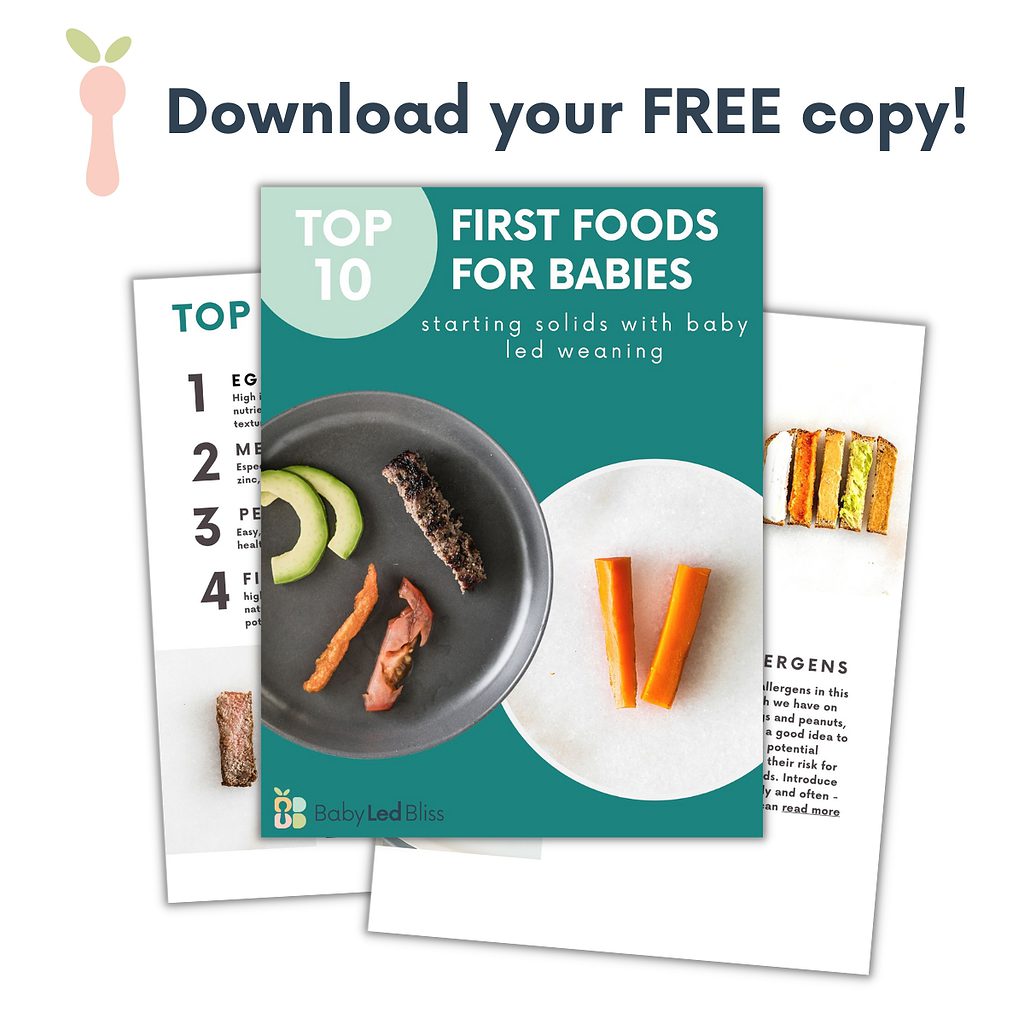



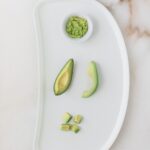
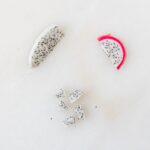
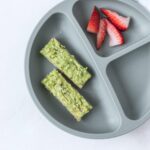
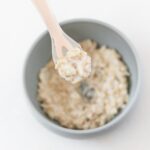



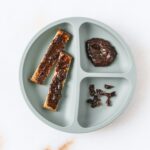
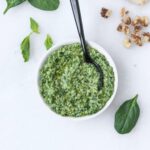





Leave a Reply